The United States has been home to thousands of Nigerian students studying various courses at different educational levels. To become one of them, you must follow the US visa rules for international students, including Nigerians.
Everyone moving to or visiting the US from Nigeria needs to apply for the right visa. For Nigerians traveling to the US for education, the nonimmigrant F1 visa, also called the student visa, is the authority to study in the US from school until you graduate from the university.
The US government keeps updating its rules for those moving to their country to study. Here is all the updated news you need to arm yourself with during your visa application.
Table of Contents
How much is the F1 visa in Nigeria?
The F1 visa application fee as of March 2024 is 288,786 Nigerian Naira. This is a non-refundable fee every Nigerian F1 applicant must pay.
Going to study in the US as a Nigerian will attract another visa fee, the visa issuance fee is also called the reciprocity fee. So, you pay your visa application fees right before you go for your interview.
You will be asked to pay a visa issuance fee as soon as your visa is approved. Paying for your visa issuance fee helps to validate your visa and makes it usable until the day it expires.
How long is the F1 visa valid for in Nigeria?
This visa is categorized as a temporary visa, so it always comes with an expiry date. According to the US website, the duration of your study in the United States determines how long your F1 stays valid.
For example, if you gain admission to any of the academic institutions in the US for a one-year course, your visa will only stay valid for one year. If you were given a two-year course, that would be the exact validity of your F1 visa.
In some cases, you may be given a visa one year shorter than your study year. In such cases, you can apply for a visa renewal to enable you to complete your study.
More so, your visa as a student in the United States allows you to enter the country a month ahead of time and not before. It is expected that 30 days before your school’s resumption date is a fair enough time for you to familiarize yourself with your new environment and school.
What else is the US F1 visa for?
Aside from Nigerians, the F1 caters to all international students who require a visa to enter the country. Your level of education or academics for study does not matter. Here is a breakdown of what the F1 US visa is for:
- Traveling to the US to study Seminary
- Conservatory
- University or College
- Language training program
- Private elementary school
- High school
As you can see, they are all linked to education at various academic levels. For clarity, anyone who entered the US on a B visa can not study or take any degree program. They can only participate in a short recreational study if their visa is still valid.
Can you bring dependents on a student visa to the USA?
Many international students studying in the US have their dependents with them. If you have a dependent planning to travel with you, be it a spouse or a nonmarried child. They must also apply for a visa and get approved before they can follow you as dependents.
The student route dependent visa is called the US F2 visa. This visa type has separate forms and documents for application away from the student’s F1 visa.
After getting approval, you can officially travel as a student’s dependent. However, its validity is tied to the F1 visa; it expires when the visa holder graduates.
How can I avoid F1 visa rejection?
It is necessary not to start thinking about visa rejection from the onset. It pays to approach the visa application process with a positive mindset and enthusiasm.
Aside from wearing a positive aura, a bad travel history can cause a visa rejection. If you have committed a crime and another country you once visited pointed a finger at you, that’s a fast way to reject your visa application.
You must also ensure that all your visa documents for Nigerian citizens are intact. Rules and regulations govern all visa applications.
One good way to avoid rejection is to be a stickler for those rules. Carry them out to the latter to avoid trouble.
Be sure to have the correct proof of funds. If you can not show that you can pay your tuition fees and take care of yourself, they will see no reason to grant you a visa.
Ensure that all the information in your documents is correctly inputted. During your interview, you must sound convincing enough and show evidence that you look forward to leaving the US as soon as your studies are over.
Also Read: How to Easily Pay for SEVIS Fee for F1 Visa in Nigeria?
F1 visa application requirements for Nigerians
The requirements of this visa have two processes; therefore, take your time and go through every step I will list here.
The first part of your application is to apply and get into a Student Exchange Visitor Program (SEVP) School. Not all universities, schools, or institutions are under this program.
As an international student, you can only apply to schools under SEVP, meaning you must research and verify if your preferred school is qualified to admit international students.
If everything is good, you can apply to the school with your academic documents listed on their website.
Again, make your mode of admission a full-time course. If you plan to reside in the US for your studies, do not make room for a part-time course.
While at that, go take your English proficiency exam if your school requires it. Acing the exam proves you can speak, write, listen, and understand English.
When your admission clicks, you can move into the second part of this requirement.
Gather the following documents:
- Receipt for your F1 visa application
- Documents of your previous education and academic background
- Valid passport with blank pages
- Acceptance letter from your Student Exchange Visitor Program (SEVP) School.
- Evidence of strong family ties back in Nigeria
- Proof of English language proficiency (IELTS or TOEFL)
- GMAT, GRE, if applicable
- Two passport photographs
- Correctly filled out Form DS-160
- Form l-20 is for your funds. It must be attached to your bank statements. Show your loan approval receipts if you are going to study on loan. If you are going to study on a scholarship, you have to show the evidence. If you have a sponsor who resides in the US p, you must fill out and submit Form l-134
- Show proof of health insurance.
How can I apply for the US F1 visa?
- Get your documents ready
- Pay for your visa application fee
- Go online and fill out the Form DS-160
- Pay the SEVIS I-901 fee
- Visit the nearest US embassy
- Submit all your documents
- Schedule an interview
- Attend your visa interview early and in high spirit
Read Next: F2 Visa/ Visa for Dependents for Citizens of Nigeria

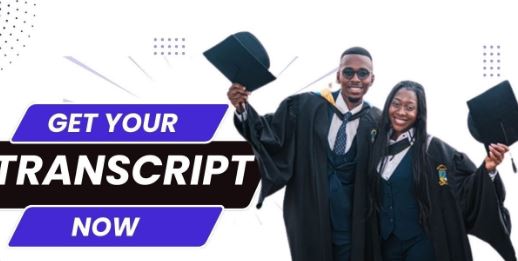
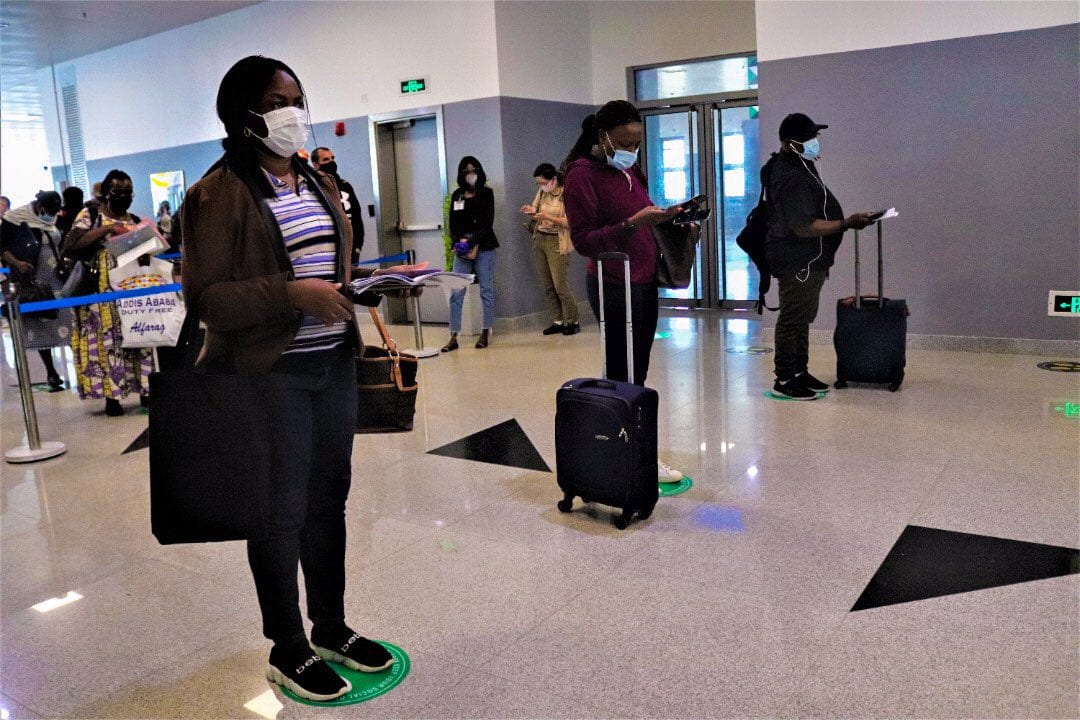

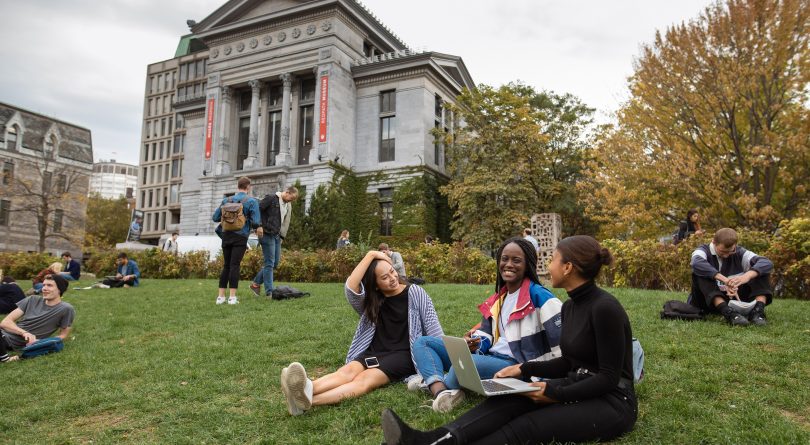
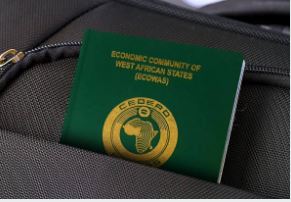


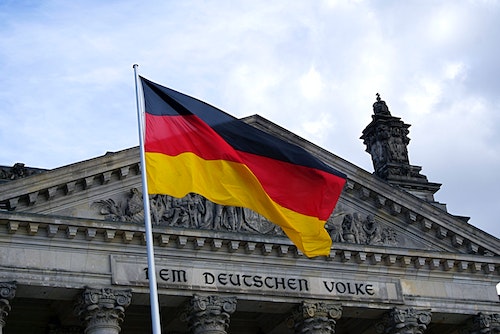
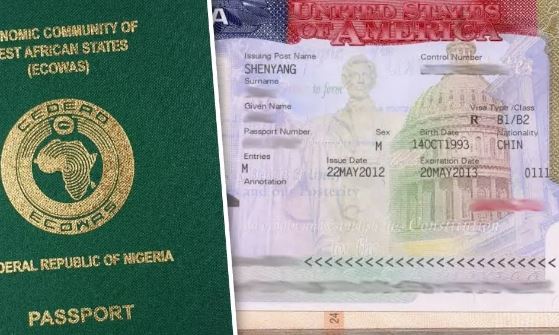
Good morning, I found this page very interesting and educational.i applied for and accepted to study in USA paid all the required fees but my appointment date for interview is October but my school resumption date is August I applied for emergency interview appointment date but was denied. What should I do. I need your guidance